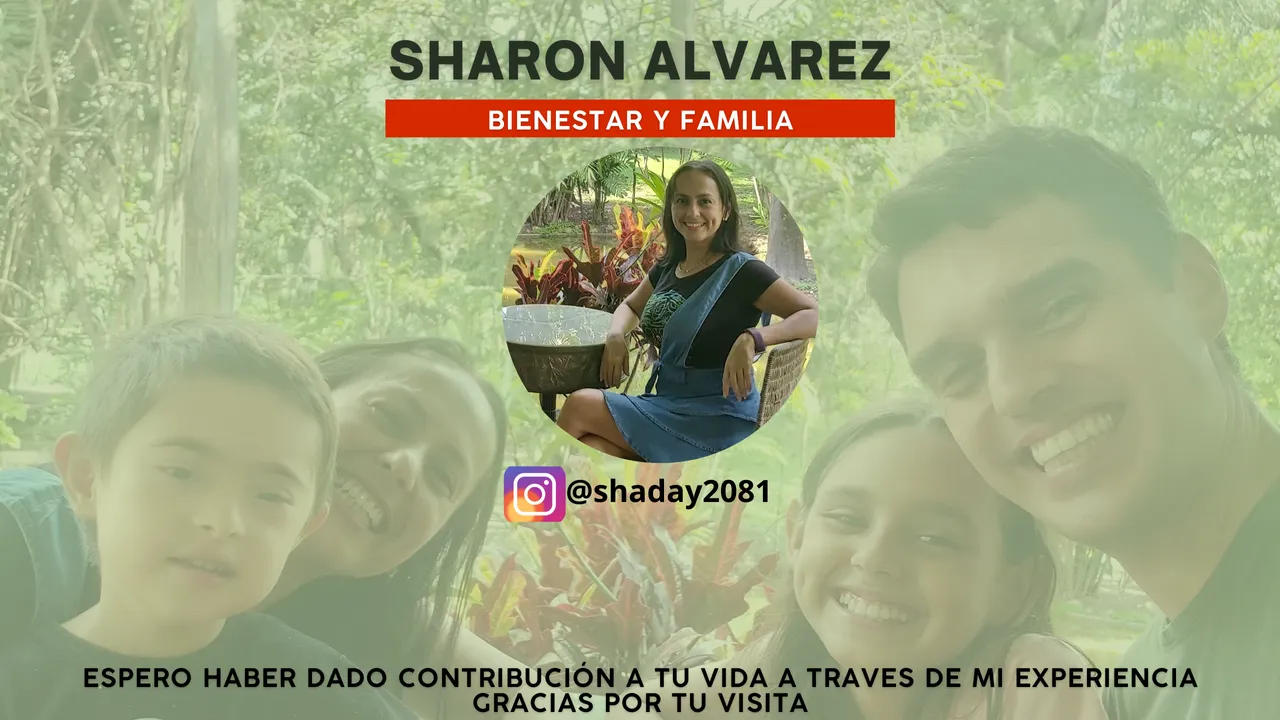Diagnostico como Brújula para encontrar nuestro camino / Diagnosis as a compass to find our way
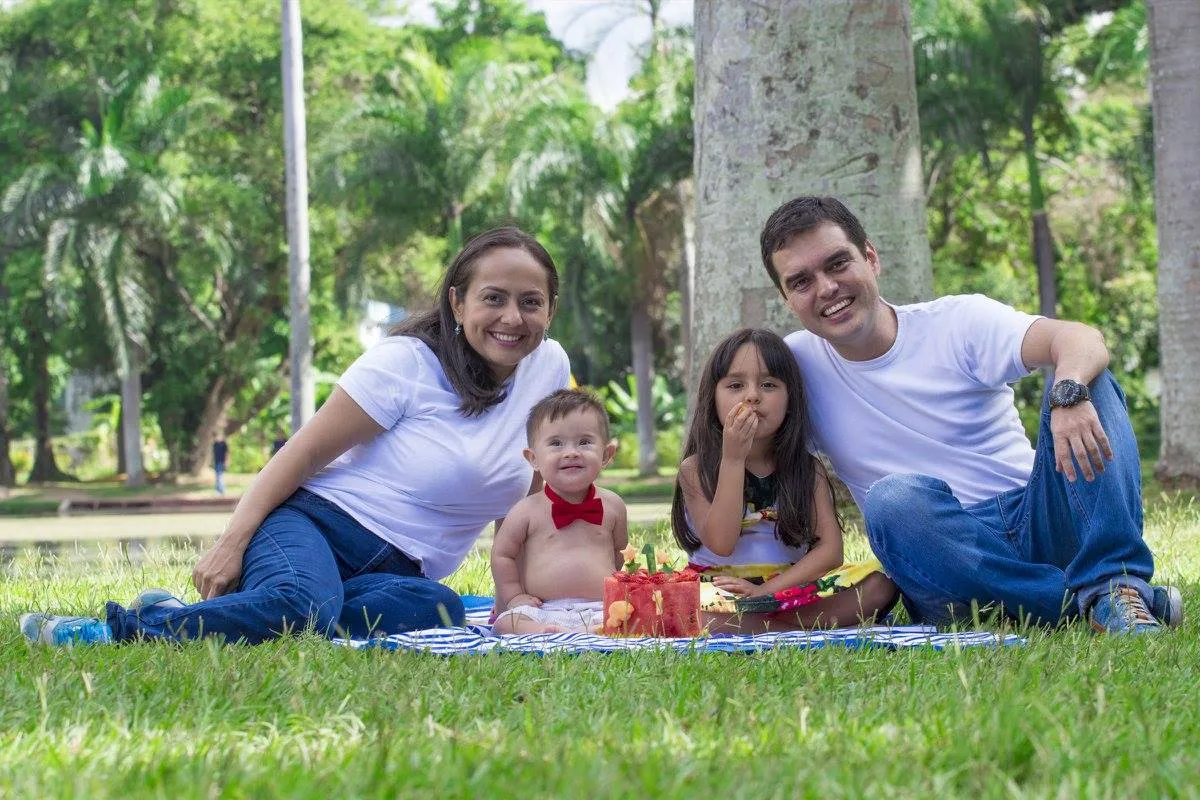
¿Has tenido un sacudón, te ha caído la locha, haz experimentado una situación donde sientes que te cae agua fría para vivir un despertar? Sea como sea que lo definas o lo veas, es algo que vives para redireccionar tu vida, tus hábitos y con todo ello tus pensamientos, sentimientos y acciones.
Te cuento mi experiencia y a que viene todo esto, como te conté en mi presentación tengo 2 hijos. Mi segundo hijo Ashlan tiene síndrome de down, el nació muy pequeño y completamente sano. Después de 13 días la pediatra nos dice que le parece que el niño tiene síndrome de Down, sin embargo, ella no era la indicada para diagnosticar esa condición. Nos refirió a la genetista, quien es la que finalmente nos asegura que así es, momento dónde el miedo se apodera de ti de una manera que te bloquea, quedas como Charlie Brown con la maestra que nadie entiende, todas las acciones que hay que hacer al recibir un diagnóstico quedan borradas, luego toca leer las prescripciones médicas, para recordar y hacer lo que entendiste se debe hacer por la salud de tu hijo.
Pareciera que ese fue mi ‘aha moment’, ¡pues fue el primero! Nuestra vida se tornó al aprendizaje de cómo ser los padres que Ashlan necesitaba para que lograra ser y hacer lo que se requiere para una vida de alcanzar logros en base a ‘lo correcto’ o esperado según lo habíamos aprendido. Empezamos a cuestionarnos muchas de las cosas ¿logros? ¿Para quién? ¿tiempos correctos? Eso fue quedando en puestos de menor importancia, cosas tan simples (antes de conocer cómo funciona un ser humano para realizar eso que creíamos se aprendían solo, o todos igual) como sostener la cabeza, sentarse, caminar y hablar, este último hito aún en proceso de consolidar a sus casi 7 años, actividades varias como terapias, controles, colegio. Todo esto nos ha llevado a aprender mucho, de nosotros mismos, de cómo funciona el cerebro y el cuerpo humano en general y seguimos consolidando conocimientos en base a nuestra propia experiencia.
Cuando Ashlan tenía 2 años, en el colegio de Ashlyn nos alertan porque la niña se le dificultaba escribir, socializar y algunas actividades de deporte. Por eso nos sugirieron llevarla a algún especialista que pudiera ayudarla. Fuimos al centro donde asistíamos con Ashlan, el proceso para ser evaluado en esa institución, es pasar primero por la neuropediatra, esta especialista al verla nos levantó la alerta de Autismo, se imaginarán, ¿cómo que autismo?, si lo que fuimos fue por la letra jajaja, de verdad que no comprendíamos, sin embargo, después de pasar por un diagnóstico genético, la posibilidad de uno neurológico, pues ya no nos atemorizaba, aprendimos a recibirlo de otra manera, desde el amor y no del miedo, desde la acción con intensión, a seguir aprendiendo para darles lo mejor. La sugerencia fue: evaluación por parte de todo el equipo, psicopedagoga, terapista ocupacional y psicóloga. La psicopedagoga la evaluó y no recomendó atención con ella. La terapista ocupacional, si hizo sus recomendaciones para fortalecer motricidad fina, gruesa, una serie de terapias, que la ayudarían para la mejorar la letra. Le aplicaron una prueba, como un examen que según la nota estas o no dentro del espectro. Ese día esa psicóloga no estaba muy receptiva, y su resultado fue si, por muy poco, pero si está dentro. Continuamos con la otra psicóloga que hace un estudio mas detallado, ella mas allá de un diagnóstico, nos dio recomendaciones a seguir la principal era que compartiéramos más tiempo de calidad con la niña, pues toda nuestra atención había sido desplazada a su hermano.
Cada familia da lo mejor que puede, sólo que hay que cuidarnos del automático, de vez en cuando evaluar que estoy haciendo que pueda estar afectando a mi entorno, no asumir que es lo mejor, si no, evaluar cómo puedo mejorar esto. El cerebro tiende a volver todo rutina para ‘protegernos’, su misión es ahorrar energía. Autoevaluarnos, será clave para tomar decisiones importantes, cuando hay hijos con mayor razón, pues dependen completamente de nosotros, mientras son niños.
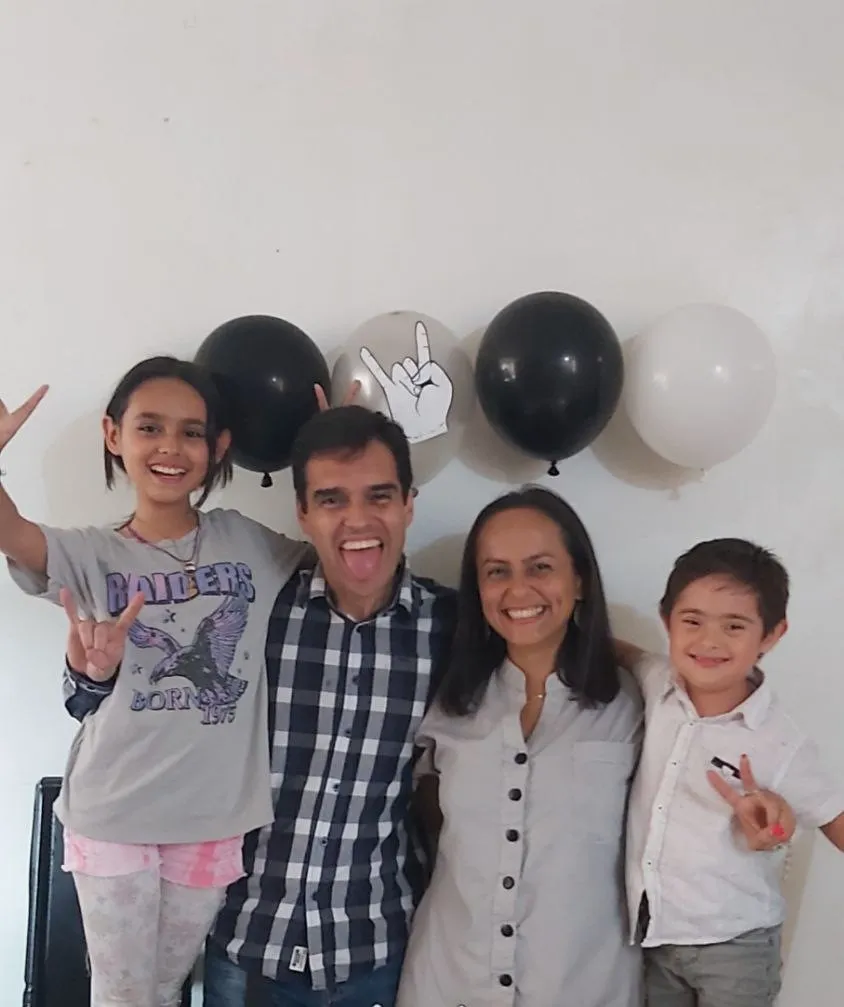
Hoy puedo ver que mis hijos no son un diagnóstico, que son personas que tienen su propia misión, que empezaron por nosotros sus padres, dándonos una vuelta poniendo todo patas arriba, para luego poder volver a cierto orden, pero que de vez en cuando los sacudones vuelven, cuando estamos mucho tiempo cómodos o inmersos en alguna rutina.
Gracias por acompañarme a través de estas líneas, esta historia continúa.
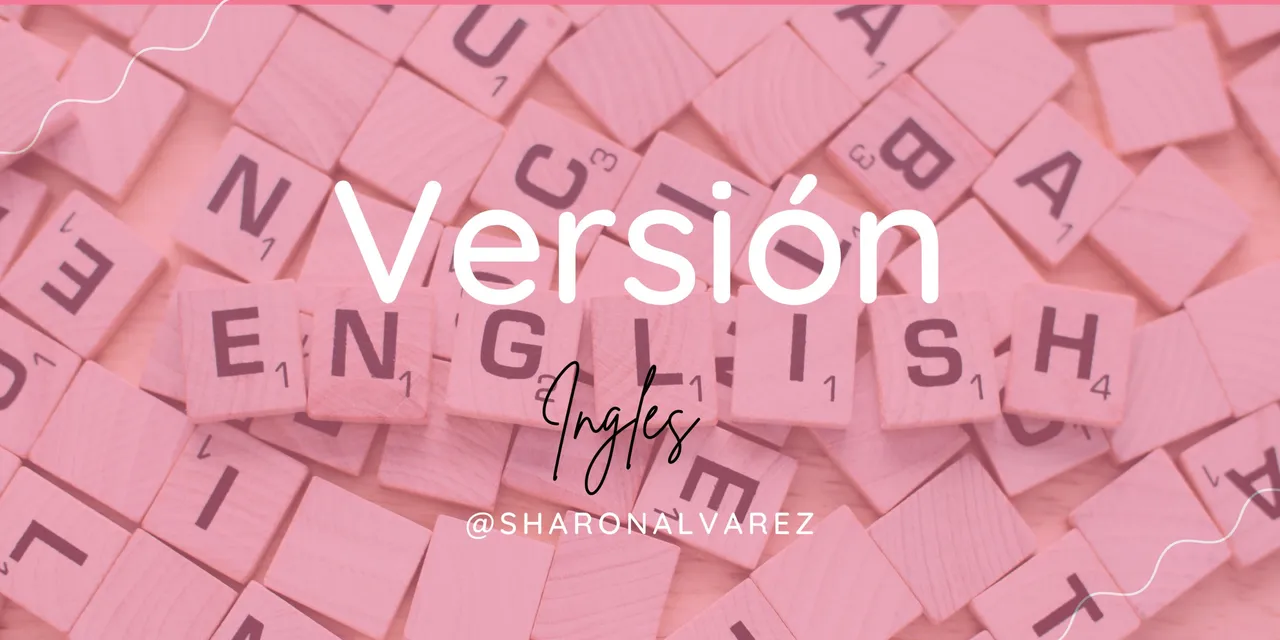
Diagnosis as a compass to find our way

Have you ever had a jolt, have you ever experienced a situation where you feel that cold water is falling on you to live an awakening? However you define it or see it, it is something you live to redirect your life, your habits and with it your thoughts, feelings and actions.
As I told you in my presentation I have 2 children. My second son Ashlan has Down syndrome, he was born very small and completely healthy. After 13 days the pediatrician told us that it seems to her that the child has Down syndrome, however, she was not the right one to diagnose this condition. She referred us to the geneticist, who is the one who finally assures us that this is the case, moment where fear takes over you in a way that blocks you, you are like Charlie Brown with the teacher that nobody understands, all the actions to do when you receive a diagnosis are erased, then you have to read the medical prescriptions, to remember and do what you understood should be done for the health of your child.
It seems like that was my 'aha moment', because it was my first! Our life became about learning how to be the parents Ashlan needed for him to be and do what was required for a life of achievement based on the 'right' or expected things we had learned. We began to question a lot of things - achievement? for whom? right timing? That was becoming less important, things as simple (before knowing how a human being works to do that we thought they were learned alone, or all the same) as holding his head, sitting, walking and talking, this last milestone is still in the process of consolidating at almost 7 years old, various activities such as therapies, controls, school. All this has led us to learn a lot about ourselves, about how the brain and the human body works in general and we continue to consolidate our knowledge based on our own experience.
When Ashlan was 2 years old, Ashlyn's school alerted us because she was having difficulty with writing, socializing and some sports activities. So they suggested we take her to a specialist who could help her. We went to the center where we were attending with Ashlyn, the process to be evaluated in that institution is to first go to the neuropediatrician, this specialist when she saw her raised the alert of Autism, you can imagine, what do you mean autism? We really did not understand, however, after going through a genetic diagnosis, the possibility of a neurological one, we were no longer afraid, we learned to receive it in a different way, from love and not from fear, from action with intention, to continue learning to give them the best. The suggestion was: evaluation by the whole team, psychopedagogue, occupational therapist and psychologist. The psychopedagogue evaluated her and did not recommend attention to her. The occupational therapist did make recommendations to strengthen fine and gross motor skills, a series of therapies that would help her to improve her handwriting. She was given a test, like an exam, that depending on the score, she was either on the spectrum or not. That day that psychologist was not very receptive, and her result was yes, by very little, but she is on the spectrum. We continued with the other psychologist who made a more detailed study, she gave us recommendations to follow, the main one was that we should share more quality time with the child, since all our attention had been displaced to her brother.
Every family gives the best they can, we just have to take care of the automatic, from time to time evaluate what I am doing that may be affecting my environment, not assume that it is the best, but evaluate how I can improve this. The brain tends to make everything routine to 'protect us', its mission is to save energy. Self-evaluate ourselves, will be key to make important decisions, especially when there are children, because they depend completely on us, while they are children.

Today I can see that my children are not a diagnosis, that they are people who have their own mission, that they started with us, their parents, turning everything upside down, to be able to return to a certain order, but that from time to time the shocks return, when we are too comfortable or immersed in a routine for too long.
Thank you for joining me through these lines, this story continues.
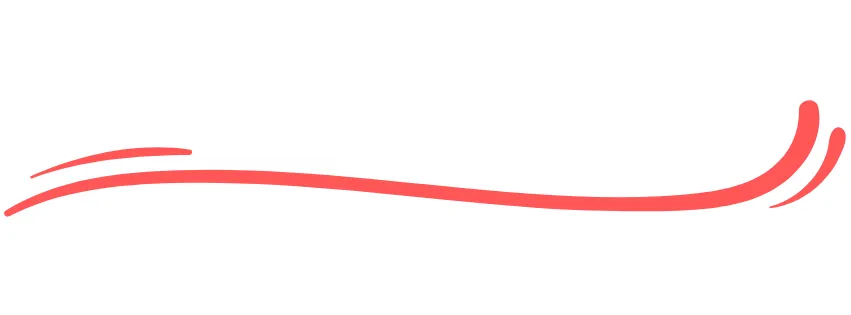
Fotos de mi exclusiva propiedad / Photos of my exclusive property.
Banners y separadores elaborados en Canva / Banners and dividers made in Canva.
100% contenido original / 100% original content.
Translated with www.DeepL.com/Translator (free version),

